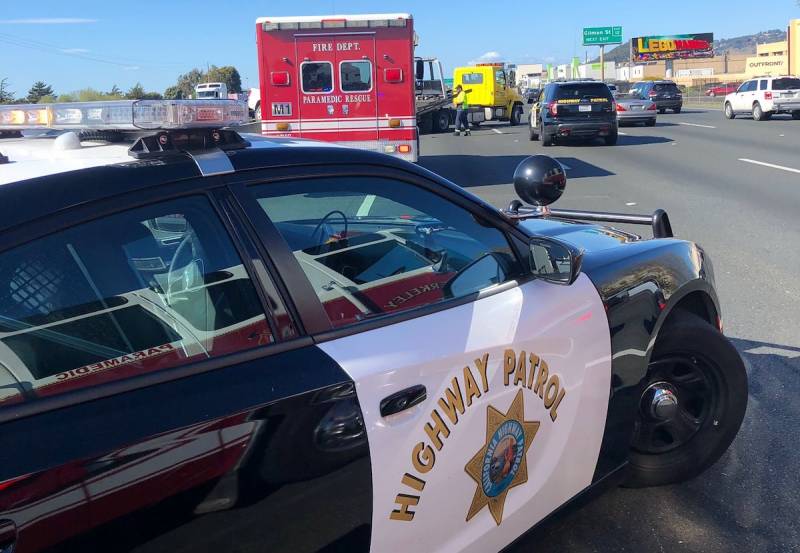Schwartz also said surveillance cameras are more often used in lower-income, largely Black and Latino communities than in more affluent, predominantly white neighborhoods.
"We think license plate readers are not worth these downsides," Schwartz said. Rather, he added, money should be spent on improving the trust between the police and the community instead of "ever more frightening surveillance technology."
Earlier this month, Schaaf, citing the city's seemingly intractable jump in violent crime, asked the city council to approve funding to create two new police academies and add 60 officers to the force, a proposal the council nearly unanimously approved. Critics of the move accused the mayor and councilmembers of reversing course and betraying pledges they had made in the wake of George Floyd's murder last year, to cut the city's policing budget and reallocate some of those funds to violence prevention and social service programs.
"For decades in Oakland we've over-invested in policing, and the number of homicides and robberies this year are clear proof that this approach to public safety simply does not work," Cat Brooks, executive director of the Justice Teams Network and a co-founder of the Anti Police-Terror Project, said earlier this month. "We can't make the same mistakes we made in the past. We cannot throw more good money after failed policy solutions."
Brooks said tens of thousands of Oakland residents filled the streets last year to demand the city "reinvest our tax dollars into programs that will actually keep us safe, not over-police Black and Brown communities." By approving Schaaf's police funding increase, the council was walking away from that mandate, she said.
On the same day Schaaf sent her letter, San Francisco Mayor London Breed — who last year championed an even more dramatic police divestment plan — responded to the uptick in crime in areas of her city by calling for new, more aggressive policing tactics, particularly targeted at the beleaguered Tenderloin neighborhood, including a push to give officers more real-time access to surveillance footage.
In Schaaf's letter to Newsom this week, she also reiterated a request for as much California Highway Patrol presence and enforcement in the city as possible. A recent grant-funded effort between Oakland and the CHP "was extremely helpful," she added, without providing specific details.
Schaaf additionally asked for help from the CHP's Organized Retail Crime Task Force regarding "recent caravan robberies of pharmacies, stores and cannabis businesses in Oakland."
The governor's office did not immediately respond when asked to comment on Schaaf's requests.
This post includes reporting by KQED's Matthew Green and by Keith Burbank of Bay City News.
